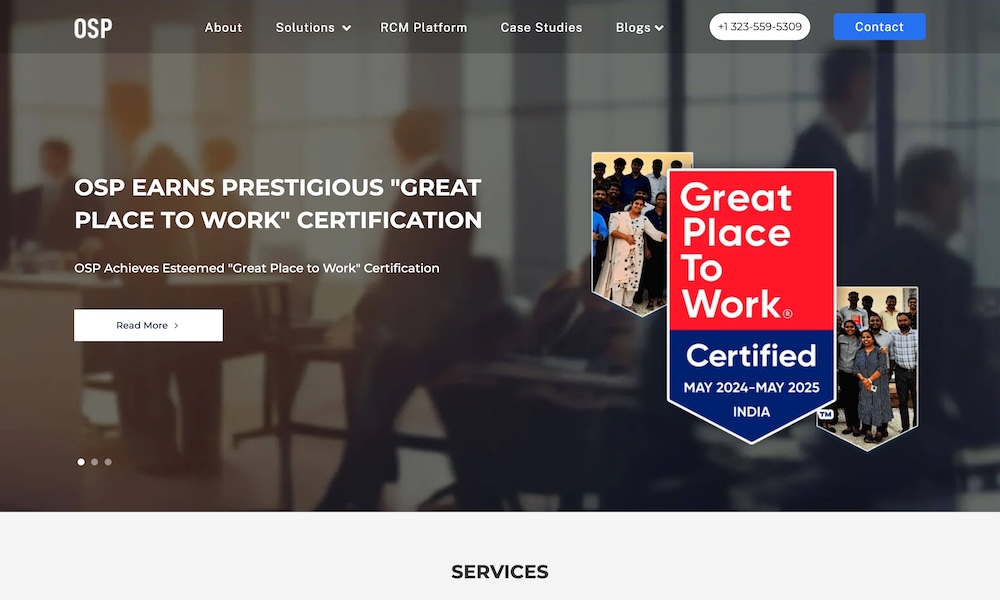Description
Streamlining Healthcare with Efficient Medical Records Management
In today's fast-paced healthcare environment, effective medical records management is critical for providing quality patient care. As healthcare providers navigate the complexities of patient information, adopting a streamlined approach to record-keeping can enhance efficiency, improve patient outcomes, and ensure compliance with regulations.
The core of effective patient record management lies in the digitization of patient records. By transitioning from paper-based systems to electronic health records (EHR), healthcare facilities can significantly reduce the time spent searching for information. EHRs facilitate quick access to patient data, allowing healthcare professionals to make informed decisions rapidly. This immediacy is essential, especially in emergency situations where every second counts.
Furthermore, a robust medical records management system enhances collaboration among healthcare teams. With centralized access to patient information, providers can easily share data, ensuring that all members of a patient’s care team are on the same page. This collaborative approach not only improves communication but also leads to more coordinated care, ultimately benefiting the patient.
Data security is another critical aspect of medical record management. With increasing concerns about patient privacy and data breaches, implementing secure systems to protect sensitive information is paramount. Advanced encryption, access controls, and regular audits are essential components of a secure records management strategy. Compliance with regulations such as HIPAA is not just a legal obligation but also builds trust with patients who expect their information to be safeguarded.
Moreover, efficient medical records management supports data analytics, which can drive improvements in healthcare delivery. By analyzing trends and outcomes based on patient data, healthcare organizations can identify areas for improvement, enhance treatment protocols, and ultimately provide better care. Predictive analytics can also assist in anticipating patient needs, leading to proactive rather than reactive healthcare.
In conclusion, the importance of effective medical records management cannot be overstated. By embracing technology, ensuring data security, fostering collaboration, and utilizing data analytics, healthcare providers can streamline operations and enhance patient care. As the healthcare landscape continues to evolve, investing in robust medical records management systems will be essential for any organization committed to delivering high-quality healthcare services.
Related Websites
-
790
-
323
-
Bitcot
by Bitcot
111




